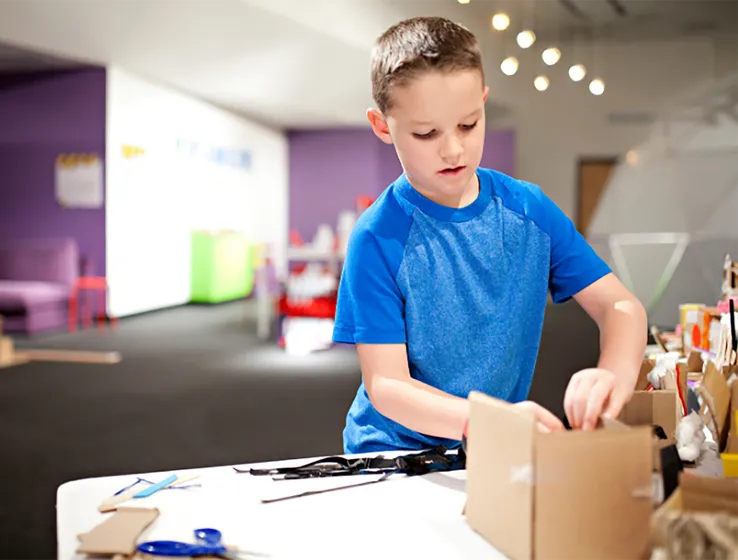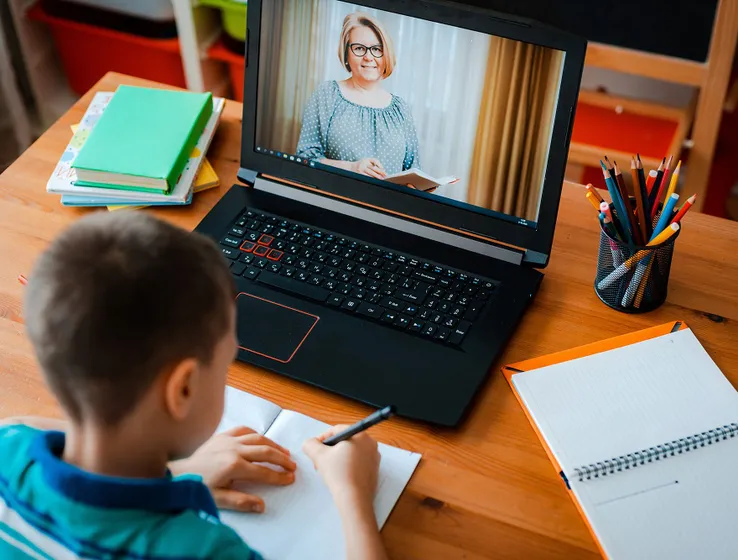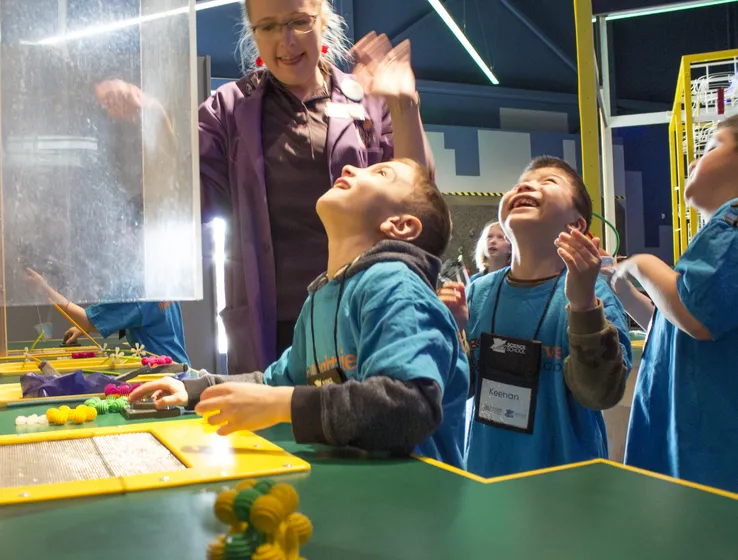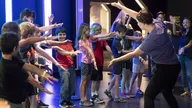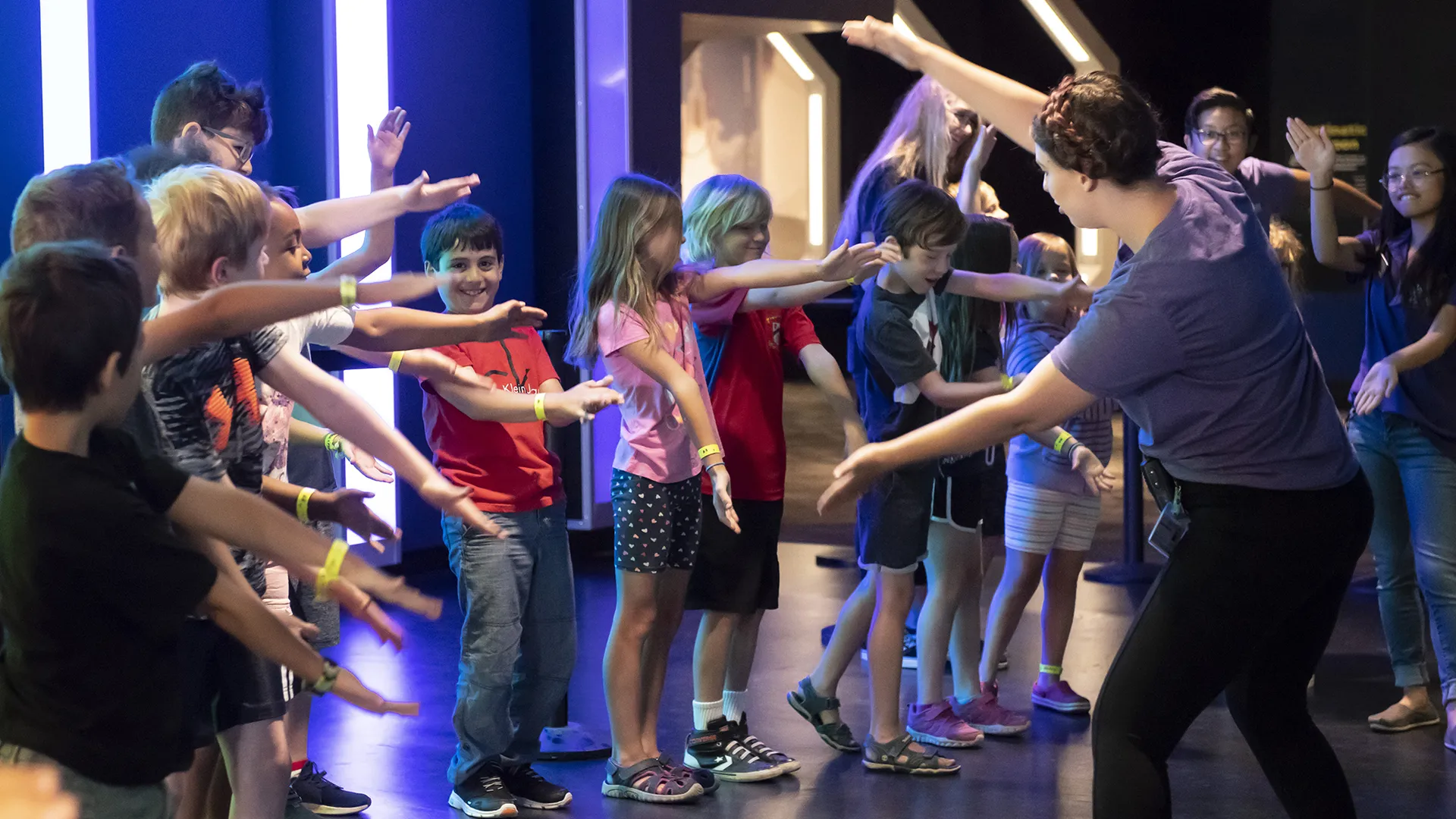Optimizing Field Trips
Posted:
Have you ever gone on a field trip, either as a teacher or a volunteer? Did it feel like the kids were having a blast, but not really retaining anything? Preparing students for a field trip is about more than just permission slips and booking the bus.
Have you ever gone on a field trip, either as a teacher or a volunteer? Did it feel like the kids were having a blast, but not really retaining anything? Preparing students for a field trip is about more than just permission slips and booking the bus.
Education researchers have studied how to make the most of a field trip and some small tricks can ensure that your students learn the most they can while out of the school.
Here’s what you can do to help focus students’ attention on the learning goals of the trip without taking away from the excitement of leaving the school.
Review the booking form:
- Confirm these things:
- Name and date and location of the program you booked
- Bus booking details – Arrive with enough time to remove your coats and get to the meeting point for your activity.
Prepare students for the activities they will be doing.
- Introduce the field trip topic and tell students what they are supposed to learn.
- Review how these activities will relate to what they have been learning in the classroom
- Assign a small task to individuals or small groups of students to focus their attention on learning. Have them look for the answers to a couple of questions, or search for an artefact. They can bring back the answers and share with other groups.
- Plan an activity after the trip to review and reflect on what they saw and learned.
Give the students name tags with their names printed in large, dark letters!
If students need to be put in groups or multiple classes need to be split up, do this before arrival. This ensures a smooth entry into the facility and a quick transition to beginning the activities of the day. Colour coding nametags is a quick and easy way to make groups.
When possible, leave behind backpacks and bags. Put all the students’ lunchbags in large Rubbermaid totes to keep them from getting lost and make them easier to carry.
Review the trip plans with your students:
- Tell them where they are going and what they are doing. Remember to tell them not just about formal programs, but lunch times and free time as well.
- If they feel unsure of what’s going on, they’ll be distracted.
- They want to know when they will eat lunch, whether they will get time to visit the gift shop and where the bathrooms are.
Review your trip plans with your parent volunteers:
- Meet with or email volunteers before the trip. Suggest ways to encourage student participation in the activities.
- Discuss the purpose of the trip. Provide them with relevant questions on the topic that they can use to guide the focus of their group of students.
- Confirm bus times and schedule of activities with them. Make sure they know what’s happening where and when.
- Provide them with a list of the students they are responsible for and contact information for all the teachers who will be on the field trip.
- Give them each a schedule of the day’s activities.
- Remind them that phones or devices will interfere with their supervision responsibilities.
Unplug!
- A field trip is an opportunity to participate in an activity that isn’t available at school.
- Phones or devices can interfere with learning.
- If these devices are necessary for learning, be sure students know how to use them, and when it is respectful and appropriate to use them.
A field trip is an exciting opportunity for students to learn in a new environment and a great way to provide access to activities not available in school. Taking care to plan ahead can ensure a smooth and educational trip for everyone!
References
Brodie, L., & Wiebe, L. (1999). Yellow busloads from hell: A museum field trip in three voices. McGill Journal of Education, 34(2), 173-187.
Patrick, P., Mathews, C., & Tunnicliffe, S. (2013). Using a Field Trip Inventory to Determine If Listening to Elementary School Students' Conversations, While on a Zoo Field Trip, Enhances Preservice Teachers' Abilities to Plan Zoo Field Trips. International Journal of Science Education, 35(15), 2645– 2669.
Tunnicliffe, S. (2000). Conversations of family and primary school groups at robotic dinosaur exhibits in a museum: what do they talk about? International Journal of Science Education, 22(7), 739-754.
Related Articles

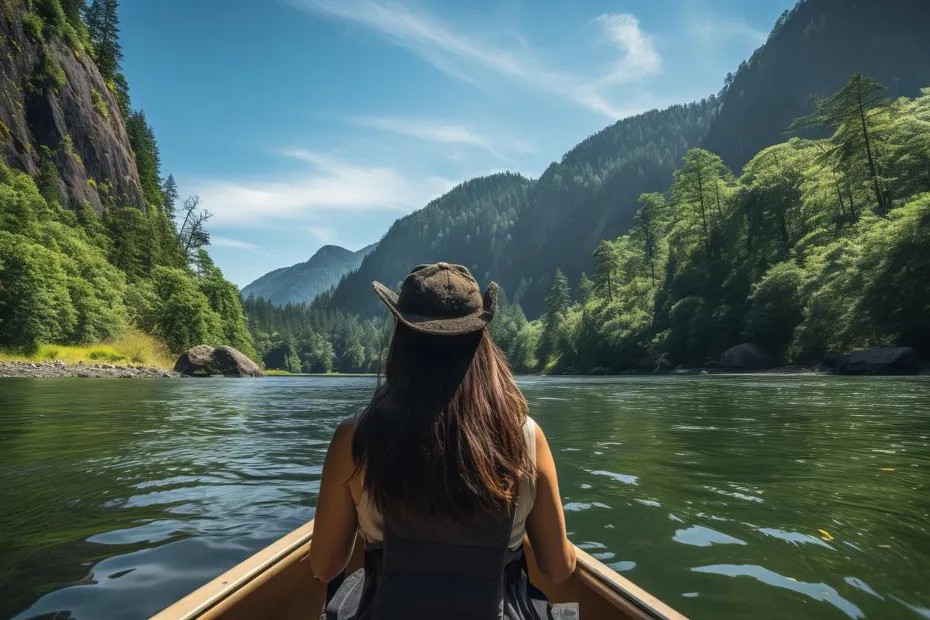
Food Chain Reactions
How Climate Change is Impacting Canada's Lakes

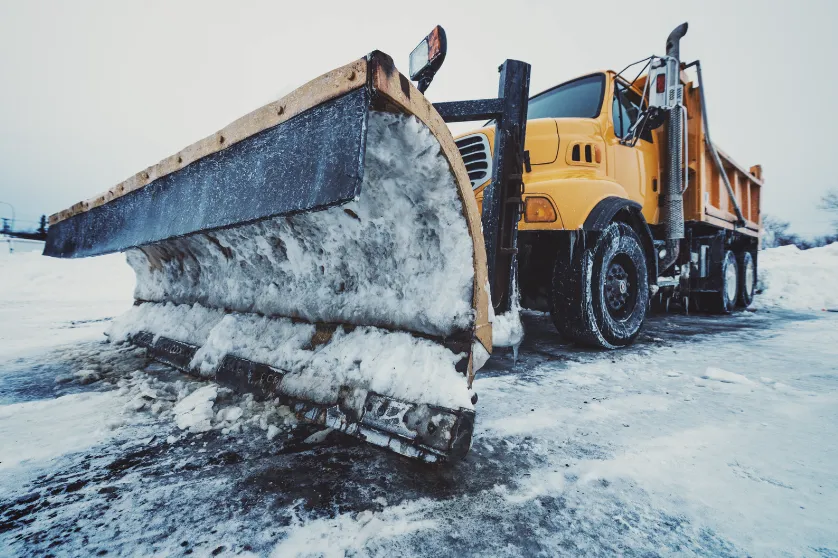
It Is Ice to See You
How Seasonal Connections Are Affected by Climate Change

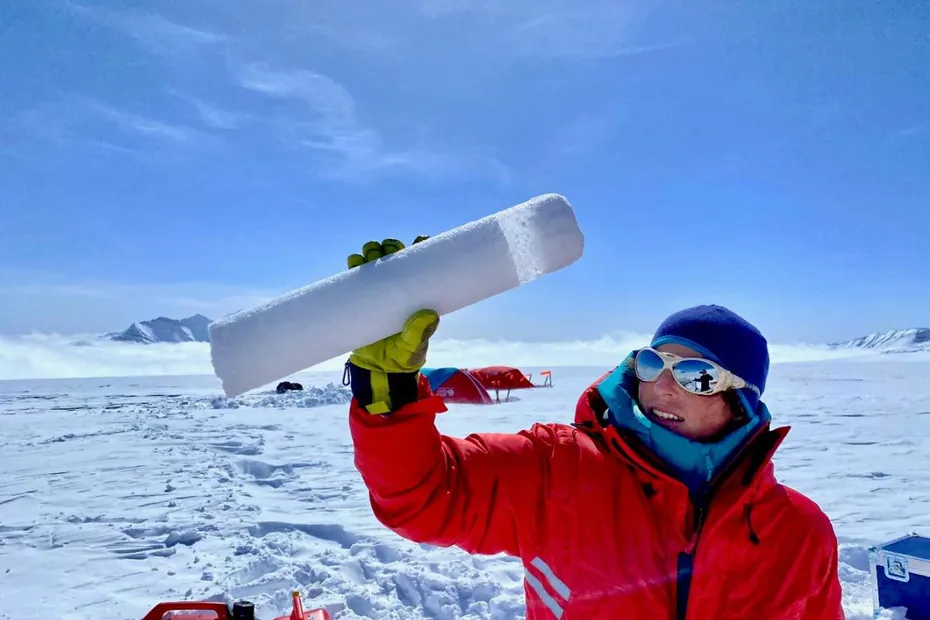
Getting to the Core of Climate Change
A Look at How Refrigerants Are Affecting Our Environment through Ice Cores
Related Articles


Food Chain Reactions
How Climate Change is Impacting Canada's Lakes


It Is Ice to See You
How Seasonal Connections Are Affected by Climate Change


Getting to the Core of Climate Change
A Look at How Refrigerants Are Affecting Our Environment through Ice Cores

